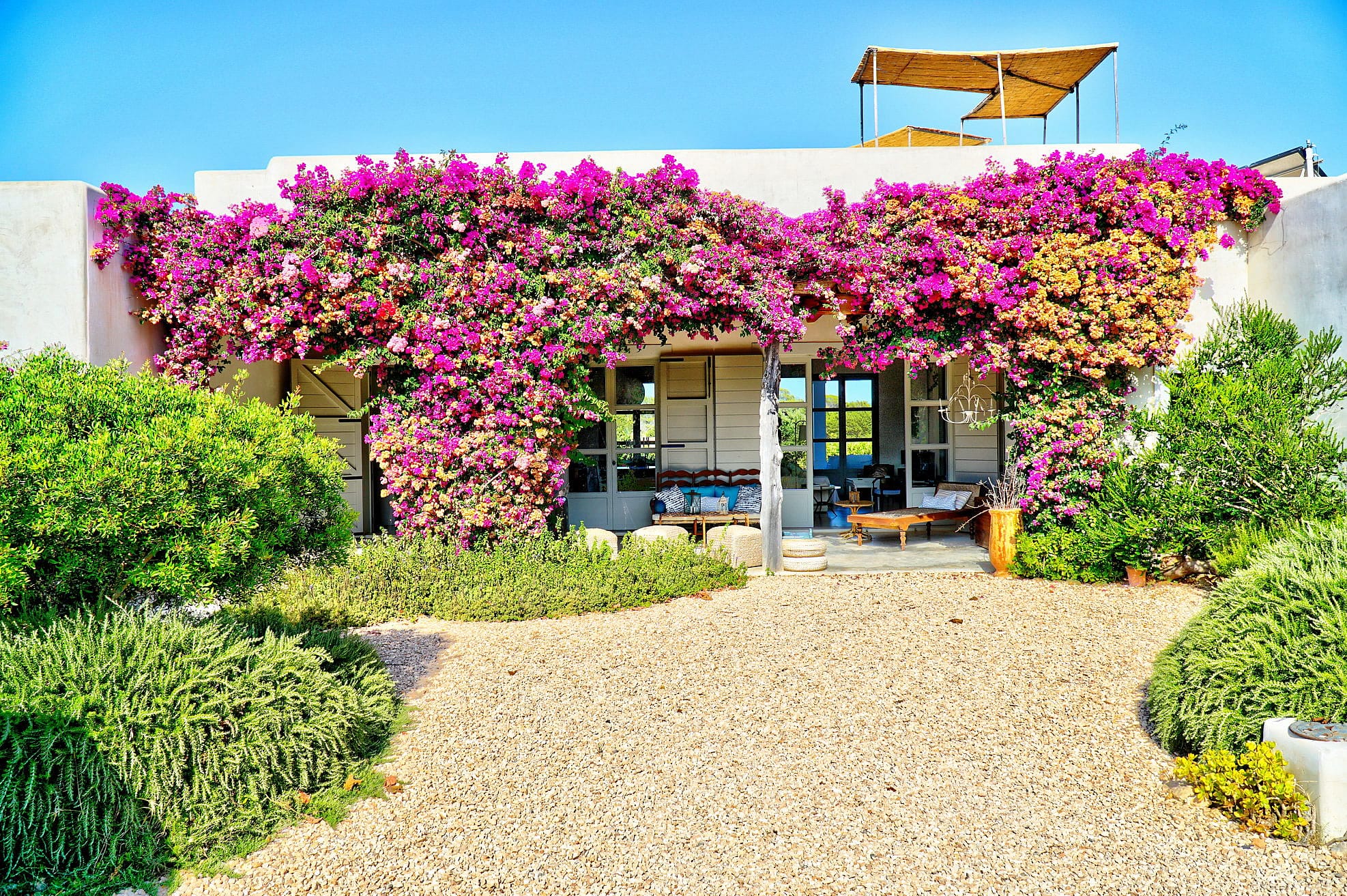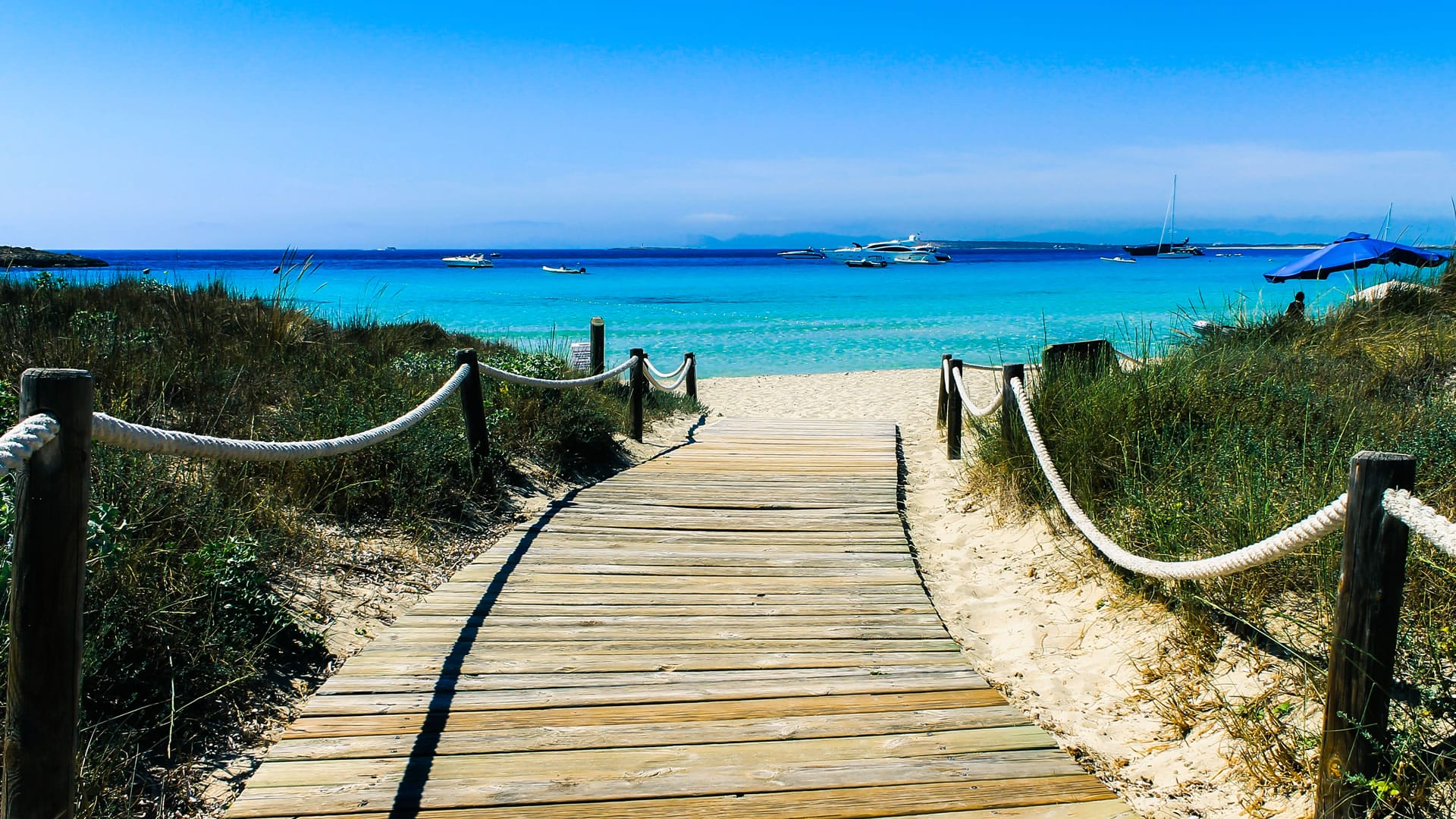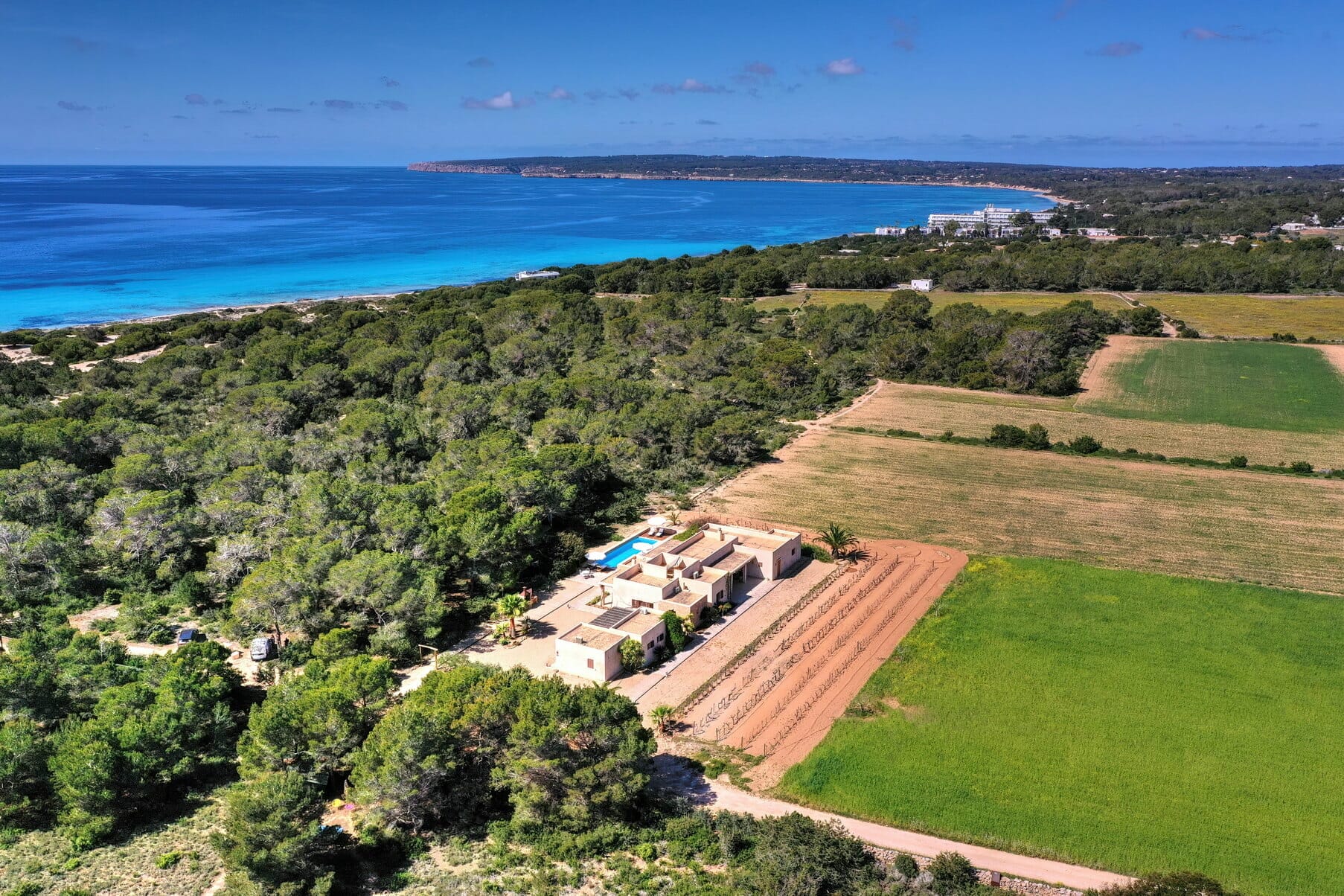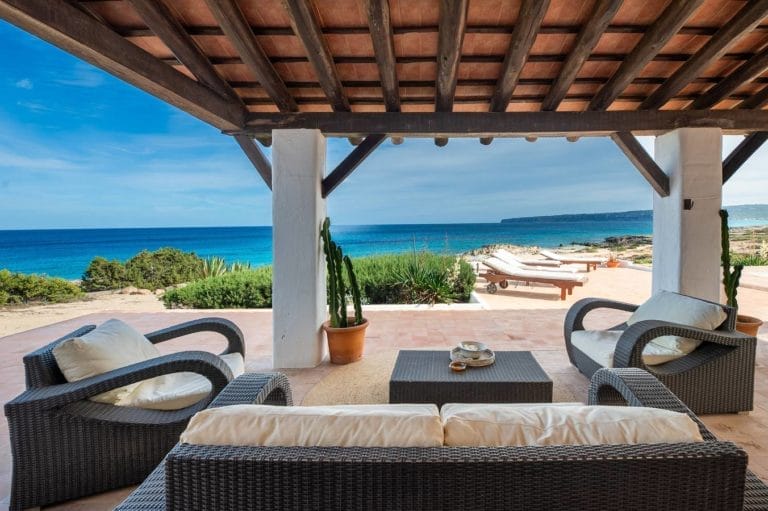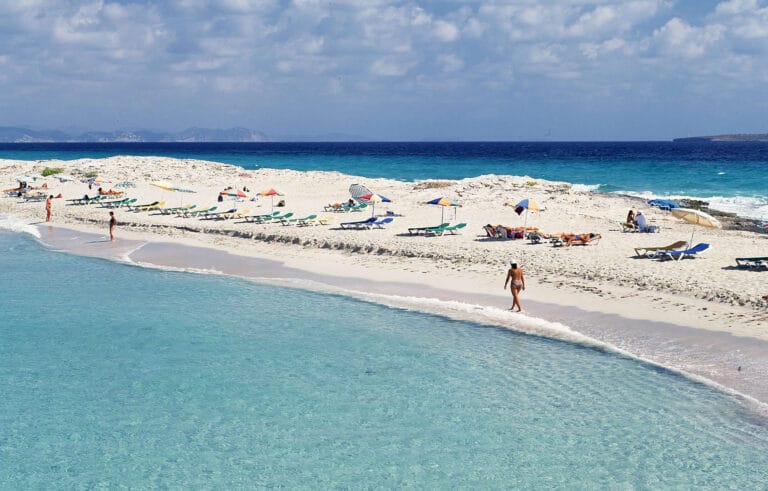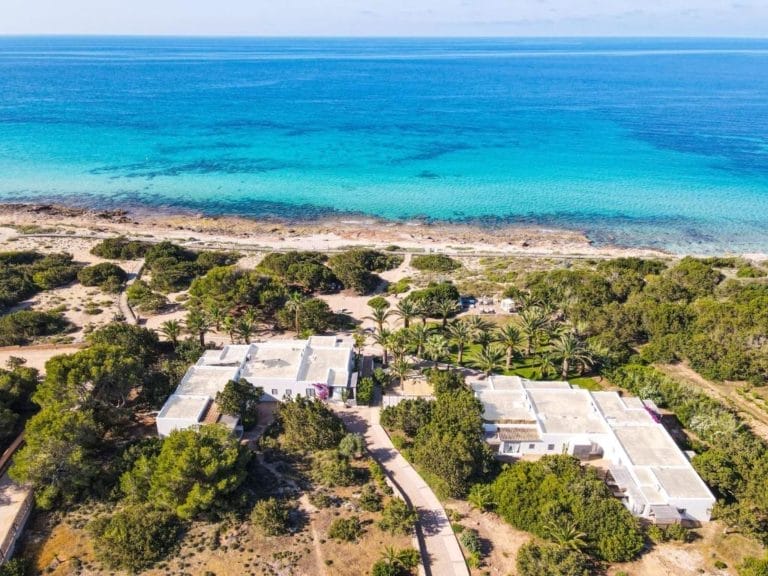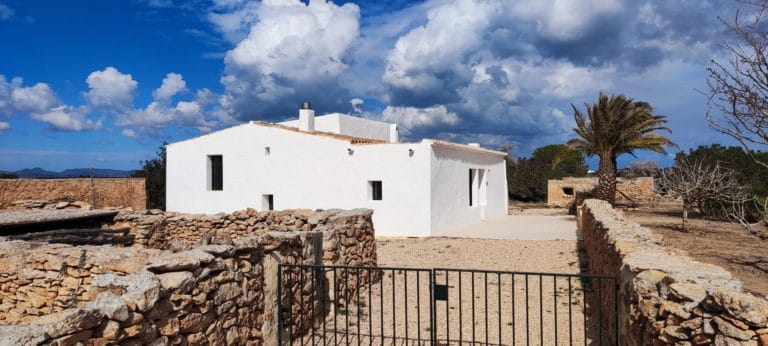How to Start a Restaurant Business in Formentera: A Comprehensive Guide
Starting a restaurant business can be an exciting and rewarding venture, especially on the beautiful island of Formentera, one of Spain’s Balearic Islands. Known for its pristine beaches, crystal-clear waters, and tranquil atmosphere, Formentera attracts tourists year-round, making it an ideal location for a restaurant. However, launching a restaurant involves a series of steps, from finding the right location to obtaining the necessary permits and licenses, and even understanding local business practices unique to Spain. In this blog, we will guide you through everything you need to know about starting a restaurant in Formentera.
1. Finding the Right Location
Before anything else, you’ll need to find the perfect spot for your restaurant. The location is one of the most critical factors for success. In Formentera, the demand for restaurants is high, especially during the peak tourist season, but the supply of available properties is limited. Therefore, choosing the right place can be challenging. Here’s what you need to keep in mind:
- Tourism Flow: Formentera is a tourist hotspot, so areas with a high flow of visitors, such as near beaches, tourist attractions, or popular town centers like Sant Francesc Xavier or Es Pujols, can be ideal spots. Also, consider proximity to hotels, resorts, and other restaurants.
- Size and Layout: The size of the property will depend on the type of restaurant you envision (e.g., casual dining, fine dining, café). Ensure the space is large enough to accommodate your kitchen, dining area, storage, and other facilities. The layout should facilitate smooth operations and customer flow.
- Rent and Budget: The cost of rent in Formentera can vary depending on the location, size, and seasonality. Generally, you’ll want to balance a prime location with affordable rent, especially in a market with fluctuating seasonal demand.
2. Understanding Licenses and Permits
Once you’ve found a suitable location, the next step is to navigate the legal and regulatory aspects of opening a restaurant. In Spain, particularly in Formentera, various permits and licenses are required to legally operate a restaurant. These include:
a) Restaurant License (Licencia de Actividad)
In Spain, a restaurant needs a Licencia de Actividad, or Activity License, to operate. This is issued by the local government (in Formentera, the Consell Insular de Formentera). This license grants the legal right to conduct business in a commercial space for a specific activity.
- If the property already has a restaurant license: This is the best-case scenario, as it means the location is already zoned and approved for restaurant operations. However, you will still need to verify whether the license aligns with the type of cuisine or business model you plan to pursue. The local government may require modifications or updates to the existing license if there are changes in the type of service (e.g., switching from a café to a fine dining restaurant).
- If the property does not have a restaurant license: In this case, you’ll need to apply for a new Licencia de Actividad. This process involves submitting documentation about the type of business, its intended activities, and its compliance with health and safety regulations. It may take several months for approval, so it’s essential to factor in this timeline when planning your business.
b) Health and Safety License (Licencia Sanitaria)
As a restaurant, you’ll also need a Licencia Sanitaria, which ensures that the premises meet hygiene and food safety standards. This license is typically required by the health authorities of Formentera and involves regular inspections to ensure compliance with cleanliness and food handling regulations.
c) Opening Hours and Noise Regulations
Formentera, being a residential and tourist area, may have specific regulations regarding opening hours and noise levels. Ensure that your restaurant complies with local noise ordinances, especially if it’s located near residential zones. Be prepared to adjust your operating hours or take measures to mitigate noise if needed.
d) Alcohol License (Licencia de Venta de Bebidas Alcohólicas)
If your restaurant intends to serve alcoholic beverages, you will need to apply for an Alcohol License. This license is separate from the restaurant activity license and is subject to additional regulations.
3. Understanding the Concept of Traspaso (Business Transfer)
In Spain, one concept unique to the restaurant industry is the traspaso – a transfer of a business and its assets from one owner to another. This is particularly common in the restaurant and hospitality sectors and provides a quicker, potentially less complex path to opening a restaurant. Here’s what you need to know about the traspaso process:
What is a Traspaso?
A traspaso is a business transaction where the current owner of a restaurant sells the operational business, including the furniture, equipment, goodwill, and, sometimes, the lease contract (the property’s rental agreement). In this process, the buyer assumes the existing business, which may include the restaurant’s licenses and permits. It’s a faster way to enter the restaurant industry compared to starting from scratch.
Advantages of a Traspaso
- Established Clientele: Buying an existing restaurant through a traspaso can offer an established customer base, especially if the restaurant is located in a popular area.
- Premises and Equipment: The buyer inherits the existing premises and equipment, which means you won’t have to go through the hassle of setting up everything from scratch. This can be a significant cost-saving advantage.
- Licenses and Permits: If the previous restaurant holds the necessary licenses (such as the restaurant license, health permit, etc.), the buyer may be able to transfer these to their name. This can save time and streamline the process compared to applying for new licenses.
What to Consider Before a Traspaso
- Due Diligence: It’s critical to conduct a thorough due diligence process before proceeding with a traspaso. Ensure that the restaurant has all the necessary licenses, that the lease is in good standing, and that there are no hidden liabilities such as outstanding debts or unresolved legal issues.
- Negotiation: The price of a traspaso can vary based on the location, equipment, and business reputation. Make sure to negotiate and confirm the terms with the current owner to ensure that everything is clear and legal.
- Licensing Transfer: In Formentera, the transfer of licenses during a traspaso can be a bit more involved compared to other parts of Spain. While the business license and the restaurant activity license may be transferred to the new owner, it’s important to verify that the local authorities (Consell Insular de Formentera) will approve the change of ownership. The transfer process can sometimes require the submission of various documents, including proof of identity, the buyer’s business plan, and sometimes an inspection of the premises.Key considerations in Formentera:
- Restaurant License (Licencia de Actividad): The existing license may be specific to the previous business’s activity, and any changes in the type of cuisine or service may require updating or a new application. For example, if the previous business was primarily a café but you plan to offer full-service dining, the local council may require you to submit a new application or modify the existing license.
- Health and Safety Inspection: The local health department will likely require an inspection of the premises to ensure compliance with hygiene and safety regulations. Even though the restaurant has been operational, they will ensure that the new owner maintains the same standards of cleanliness and food handling.
- Alcohol License (Licencia de Venta de Bebidas Alcohólicas): If the restaurant has an alcohol license, you must confirm that this license can be transferred. In Formentera, obtaining an alcohol license is subject to strict controls, and the local authorities will need to approve the transfer to ensure that it meets all the legal and zoning requirements.
The local regulations may vary slightly from year to year, so it’s always a good idea to consult with the Consell Insular de Formentera early in the process. They can provide detailed guidance on how the transfer of licenses works in your specific case. If the current licenses do not align with your intended restaurant concept, you may need to apply for new licenses, which could delay your opening. Therefore, understanding these nuances is crucial before proceeding with a traspaso in Formentera.
4. Staffing and Operations
Hiring the right team is essential for running a successful restaurant. In Formentera, where tourism is a significant part of the economy, it is common to hire seasonal staff, especially during the summer months. Consider the following:
- Recruitment: Formentera has a limited pool of local workers, so many restaurants rely on seasonal workers from other parts of Spain and Europe. Platforms like LinkedIn, job boards, and local recruitment agencies can help you find staff. Be aware of language barriers – hiring staff who speak both Spanish and English (or other languages) may be important for catering to international tourists.
- Training: Ensure that all your staff are properly trained in customer service, food safety standards, and handling cash or card payments. In Spain, there are strict regulations on food safety, so proper training is essential.
- Suppliers and Inventory: Establishing relationships with local suppliers is key to sourcing quality ingredients. Formentera, being an island, relies on shipments from the mainland, so plan for logistics and stock management to avoid running out of essential items.
5. Marketing Your Restaurant
To attract customers, especially in a competitive tourist destination like Formentera, effective marketing is crucial:
- Online Presence: Invest in a user-friendly website and maintain an active presence on social media platforms like Instagram, Facebook, and TripAdvisor. High-quality photos of your food, ambiance, and location will help draw attention.
- Collaborations and Promotions: Collaborating with nearby hotels, tour operators, and other businesses can help you attract customers. Offering promotions, happy hours, or special events can also help you stand out.
- Local Engagement: Participate in local events and festivals to increase visibility and build relationships with the local community.
Conclusion
Starting a restaurant in Formentera is an exciting but complex process that requires careful planning, knowledge of local regulations, and a clear understanding of the market. By finding the right location, understanding the necessary licenses, considering a traspaso, and building a strong team, you’ll be well on your way to establishing a successful restaurant in one of Spain’s most picturesque locations. With the right preparation and commitment, your restaurant can become a beloved spot for locals and tourists alike.
Visit our page dedicated to restaurants in Formentera, for sale or rent


